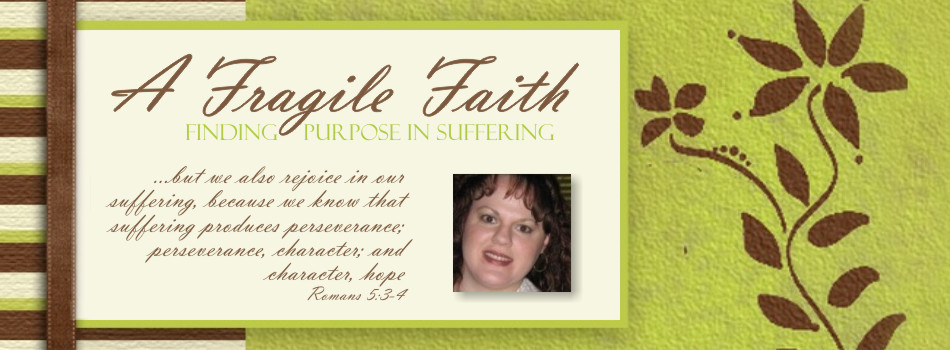
NARCOLEPSY FOR DUMMIES - By Fellow-Narcy, Andrea Clark
Narcoleptics (pwns – person with narcolepsy) suffer from an auto-immune disease whose onset is typically in adolescence, but sometimes earlier. There appears to be a trigger, whether it be a virus or a stressor put on the body, which can cover a multitude of things, but as yet researchers have not been able to really pin it down. It is at that time that the brain appears to destroy a part of itself, which researchers have labeled Hypocretin, or Orexin in some circles. Hypocretin is the ‘control’ chemical that regulates our sleep center in the hypothalamus. Pwns no longer have hypocretin, as the brain has destroyed it during childhood/adolescence.
Let’s use the analogy of the sleep center being much like the automatic transmission in a car. Hypocretin is, for the sake of argument, transmission fluid which helps it move smoothly through the gears. The fluid is necessary to have a properly working transmission and without it the sleep center continually ‘slips’ gears. The brain tries to make educated guesses based on levels of other chemicals.
It becomes a catch-22 because we no longer get consolidated sleep, so the levels of the remaining chemicals in our brain are altered. Our sleep center then becomes active 24 hours a day. Using the analogy of slipping gears, the brain is putting us into REM when we’re awake (giving us hypnogognic and hypnopompic hallucinations); it paralyzes us when we are just falling asleep or awakening, creating Sleep Paralysis. It puts the brain into a state of sleep, but our physical bodies are awake, we are talking and moving about, but have no recall of any of it, creating thus we have Automatic Behavior. It is during automatic behavior that our conversations may or may not be cohesive, and we put the dishes away in the refrigerator, the laundry in the oven, for example.
Regarding cataplexy, which is triggered by emotions and stress, the brain is taking those triggers and ‘guessing’ they are a part of REM, thus causing us to collapse and become paralyzed, just as a normal brain paralyzes us during dreaming so we do not act out our dreams. For those with prolonged cataplexy attacks, breathing becomes shallow and slower, because the brain takes over breathing for us, just as it does during REM. The need for ‘air’ is reduced to a level that is sufficient for little more than the body’s automatic systems to keep running. This can create anxiety which only prolongs the attack. Remembering this will keep you calm. Realize the body is not going to let you suffocate.
Hypocretin can be reproduced in the laboratory, but researchers do not know the mechanism it requires to tell it how much to release and at what times. Currently the only way to get hypocretin to the brain would be through daily injections into the spinal column, as they do not at this time know how to get it to pass through the blood/brain barrier.
Memory and cognitive ability are affected because the brain does not have consolidated restorative sleep. Without us realizing it, the time spent in consolidated restorative sleep is just about the most important part of our day as this is the time the brain does its all important maintenance, which is necessary to process memories and retaining what it learns. It is also the time that the brain puts out the order across the body for all our neurotransmitters that are ‘out of whack’ to snap to and get back into sync with one another. It ferrets out what parts of the body needs healing and sends appropriate messages for the body to work on healing.
It usually takes several years, and in some cases decades, for a pt. to be diagnosed with narcolepsy. Most often they are diagnosed with depression because EDS is considered a symptom of depression. They receive little understanding or support and are often considered lazy, unmotivated, or malingerers. Mild cataplexy is often diagnosed as MS, however tests reveal there is no demylanization.
Hypocretin is the all important crux of the problem. It is a major control chemical and when it is missing, the brain will try to make decisions based on other available information, however misguided that may be. However, with the loss of consolidated restorative sleep, thus being sleep deprived, the levels of other chemicals are all wrong. Therein lies the conundrum – hypocretin would help the brain keep those chemicals at their working best. Our body depletes itself of those chemicals throughout the day and ideally they would return to proper levels when we get truly good sleep. Instead the brain can only guess, and does not restore enough of some chemical or over produces others.
Staying with the car analogy, let’s imagine that the computer system of your car relies on your transmission running properly. If that isn’t happening, you are going to be getting all kinds of wrong information, and you may start to put premium gasoline in your tank, the highest grade of synthetic oil, etc. All nice things which makes the car somewhat pleased in the short term, but let’s face it, if your tranny isn’t right, you’re going to find yourself on the shoulder of the highway, waiting for the tow truck because as it stands, you aren’t going anywhere.






















